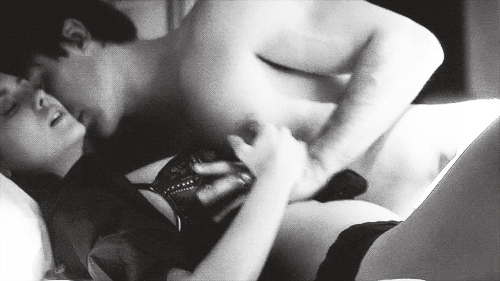Many will have read, heard or seen news that Edmund Hillary, one half of the first pair to reach the summit of Mount Everest has died of a heart attack in Auckland, New Zealand. He was 88.
 It was on May 29, 1953, that Edmund Hillary and Sherpa Tenzing Norgay, set out from a camp just above the South Col of Everest 7500m. By 11h30, they stood atop the highest mountain in the world. Tenzing left some chocolates as an offering and Hillary left a cross. A picture of Tenzing Norgay atop the summit (right) was the sole "memento" from the trip, since Norgay himself did not know how to use the camera! (self-timers absent back then...)
It was on May 29, 1953, that Edmund Hillary and Sherpa Tenzing Norgay, set out from a camp just above the South Col of Everest 7500m. By 11h30, they stood atop the highest mountain in the world. Tenzing left some chocolates as an offering and Hillary left a cross. A picture of Tenzing Norgay atop the summit (right) was the sole "memento" from the trip, since Norgay himself did not know how to use the camera! (self-timers absent back then...)Hillary was famously reluctant to reveal whether it was he or Sherpa Tenzing who had actually reached the summit first (not that it mattered too much, in my opinion). Hillary would always say that it was a team effort, the attempt made in unison, and never disclosed whether it was he or Tenzing. The picture of Tenzing led many to suggest that Hillary was actually second. However, Tenzing himself later recounted in his book that Hillary was first by a few steps.
Breaking the barrier
Regardless of who took the lead on the final straight, through what is now known as the Hillary Step, the two men opened the doors for others to follow. In 1978, Reinhold Messner and Peter Habeler were the first to climb Mount Everest without supplemental oxygen, and in 1980, Messner became first to do the climb solo.
And just as we think of world records in sport as barriers that take as much mental effort as physical effort, so too the summit of Mount Everest was an "unbreakable" barrier. Reports from 1924 were that two British climbers, Mallory and Irvine, had reached the summit, but this was never substantiated, and Hillary and Norgay were in fact looking for evidence of their presence when they made their attempt - none was reported (Mallory's body was eventually discovered in 1999. Irvine's has yet to be found, and the debate goes on).
Instead, it is Edmund Hillary and Tenzing Norgay (who died in 1986), who are credited with breaking the barrier. Interestingly, the early part of the 1950's saw a race to smash two unbreakable barriers. One was Mount Everest, the other was the four-minute mile, and the world saw both eventually broken within a year of one another (the four-minute mile was run on May 6, 1954).
Also, we acknowledge that the field of exercise science is always moved forward by human performance at the extremes - think exercise in the heat, and the altitude Olympics of 1968. And no barrier was as challenging as Everest, at 8848m.
 The really interesting thing about the Everest ascent is that it was
The really interesting thing about the Everest ascent is that it wasdebated whether or not it was possible, even with oxygen, to summit the mountain. Physiologists at the time were not 100% sure that it was possible, and only later did a more complete physiological understanding emerge, including how changes in the earth's atmosphere as a result of its geoid shape made Everest "conquerable" during a specific window period each year. But it was Hillary and Tenzing who did a service for everyone, by showing the way to the top of the world, physiological "impossibility" or not.
For an excellent interview with Sir Edmund Hillary, with insights into the character of the man who led the way to the top of the world, check out this link. In it, Hillary reveals fascinating anecdotes from that expedition and what inspired his journey to eventual history.
But we'll leave off today, and this week, with a quote from Hillary during an interview. He was asked whether at any point during the final attempt on Everest, he felt that he and Tenzing were NOT going to make it.
"Never, at any stage, until we actually got up the rock step, was I confident that we were going to be successful. My feeling was that we would give it everything we had, but we had no surety that we were going to reach the top. In fact, I believe that if someone starts out on a challenging activity, completely confident that they're going to succeed, why bother starting? It's not much of a challenge".
Ross
 :.
:.

Tidak ada komentar:
Posting Komentar